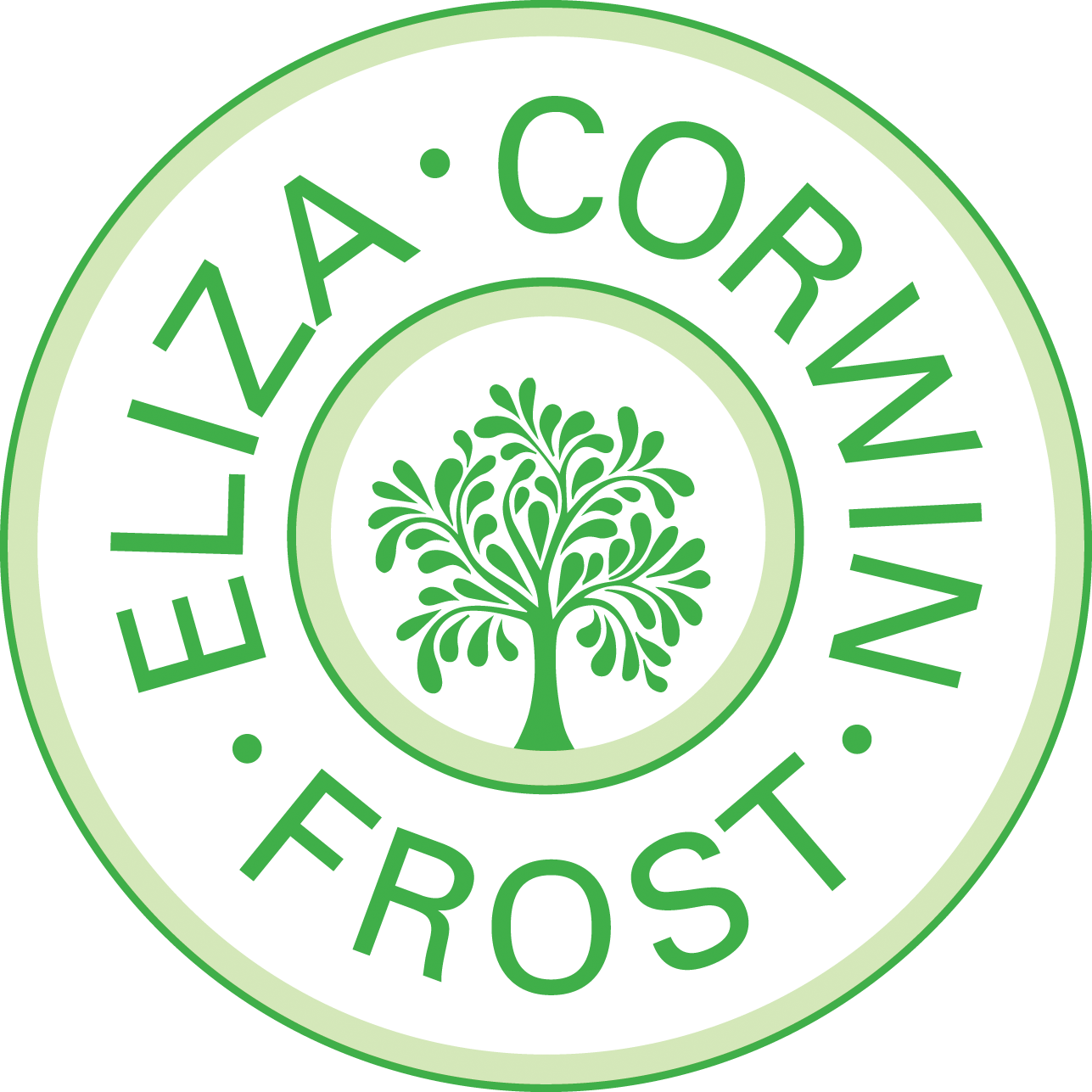Progressive. Integrated. Emergent.
The ECF approach supports the growth of our students across varied developmental domains:
Social and Emotional - The promotion of social and emotional development means helping children to develop a healthy personality and sense of self. Our teachers scaffold child initiated interactions by using an emotional vocabulary to guide children through the stages of play (solitary, parallel, and cooperative). We teach child effective conflict resolution skills by using language and modeling healthy interactions.
Language -The development of language during the preschool years consists not simply of more words and longer sentences, but of pragmatic skills that enable the child to communicate effectively and appropriately in a variety of social settings. Our classrooms afford children the opportunity to practice and expand upon their expressive and receptive language skills by emphasizing the importance of pretend play, planning interactive meeting times and following the children’s interests through a language rich, emergent curriculum model.
Literacy - Literacy evolves gradually as a function of exposure to and interaction with print material and exposure to other children and adults who are using print, commonly known as “literacy events”. Reading books to and with the children, transcribing their thoughts and ideas and providing them with print rich classrooms and learning materials (fine motor) support early literacy in our ECF students.
Cognition - Critical cognitive skills for the preschool child include symbolic representation (especially in pretend play), problem solving and cognitive sub skills related to academic readiness and expansion of referential language skills. The pre-academic focus is on facilitating emergent literacy within naturalistic daily activities (ie: an appreciation in the nature and purpose of reading, writing and phonological skills). The teachers at ECF are Early Childhood Educators who understand that cognition is not an isolated concept, but grows through dynamic interactions with peers, adults and the environment.
Physical Development - Coordination of movement skills (gross motor) contributes to children’s development of confidence and trust in themselves and their bodies. At Eliza Corwin Frost we place a high priority on physical development in by utilizing our indoor play space, beautiful outdoor playground, and our spacious classrooms. By encouraging children to move their bodies we are not only promoting body strength, but also acknowledging where our youngest children are developmentally.
Gross motor skills refer to activities that involve the use of the large muscles of the neck, trunk, arms and legs. Each day the ECF teachers and Yoga or Movement specialists work with the children to support large muscle strength, coordination and endurance.
Fine motor skills involves more precise movements of small muscles, especially those of the eyes, speech musculature, hands, fingers, feet and toes. Movements such as grasping, releasing, pinching and writing are considered to be fine motor activities. In our classrooms we provide children with many opportunities to hone these skills by incorporating activities such as cutting, copying, stringing beads and pasting all which require the eyes to direct the hands.

